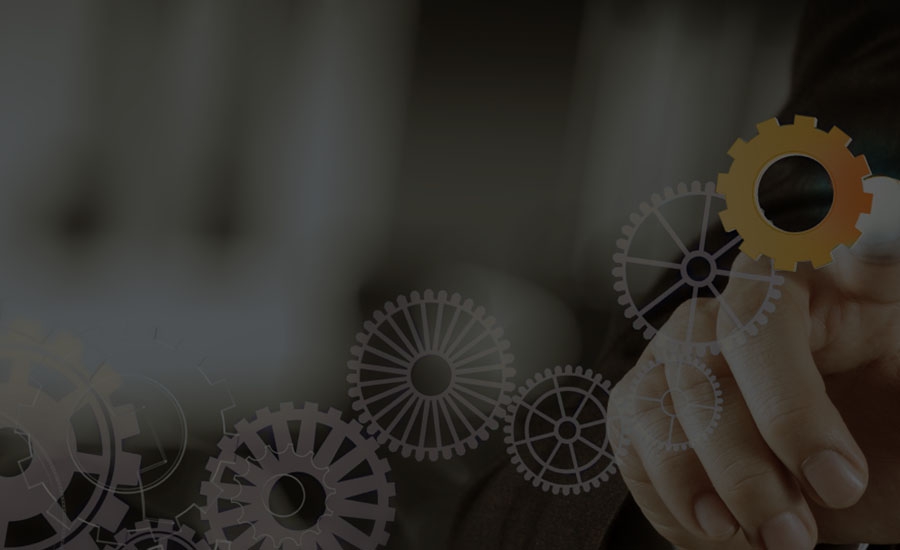Silicon Saxony, a semiconductor cluster in Dresden, Germany, has touted its strength as a technology hub as Taiwan Semiconductor Manufacturing Co (TSMC, 台積電) considers the possibility of building a plant in the European country.
Silicon Saxony chief executive officer Frank Bosenberg told the Central News Agency that his association has transformed itself into one of the five largest semiconductor clusters in the world and has become a competitive investment destination.
Bosenberg did not comment on the speculation that TSMC, the world’s largest contract chipmaker, might choose Dresden as the base for its investments in Germany.
He said Silicon Saxony is highly capable of developing chips for emerging application use, including automotive electronics and 6G communications.
Dresden is home to the largest semiconductor cluster in Europe, with tech giants such as contract chipmaker GlobalFoundries Inc, automotive electronics chipmaker Infineon Technologies AG and auto parts supplier Robert Bosch GmbH forming Silicon Saxony.
In an annual general meeting on July 26, TSMC chairman Mark Liu (劉德音) said that the company is considering the possibility of setting up a production base in Germany, but added that discussions were still at an early stage.
Liu said TSMC has been communicating with its customers in Germany to find out whether such an investment would benefit them.
Bosenberg said that automotive electronics chips have served as a driving force in Silicon Saxony’s development, while several automakers, including BMW AG, Volkswagen AG and Porsche AG, have production facilities nearby.
In addition, 6G communications, robotics, the Internet of Things, quantum computers and software have also become a focus of Silicon Saxony’s research and development efforts, he said.
Several major companies, including GlobalFoundries, Infineon, Bosch, Carl Zeiss AG and Vodafone Group PLC, have invested in the past four years or said they would invest over the next 16 months in Silicon Saxony, with a combined 8 billion euros (US$9.4 billion), Bosenberg said.
TSMC has said it is also considering expanding its investments in the US and Japan to meet strong demand from its customers in those markets.
Ray Yang (楊瑞臨), a supervisor at the Industrial Technology Research Institute’s (工業技術研究院) Industrial Economics and Knowledge Center, said TSMC’s investments in Japan and Germany are likely to differ from its investments in the US.
Unlike a planned facility to be built in Arizona that would use the 5-nanometer process, TSMC’s plants in Japan and Germany are expected to use specialty processes, which would cater to automakers in the two markets, Yang said.
The company is expected to directly supply chips to customers in Japan such as Sony Corp, which manufactures sensors for auto production, he said.
Automotive electronics are expected to become mainstream for semiconductor development over the next few years, following 5G applications and high-performance computing devices, he said.
●Origin:Taipei Times
●Link:https://www.taipeitimes.com/News/biz/archives/2021/08/09/2003762258

